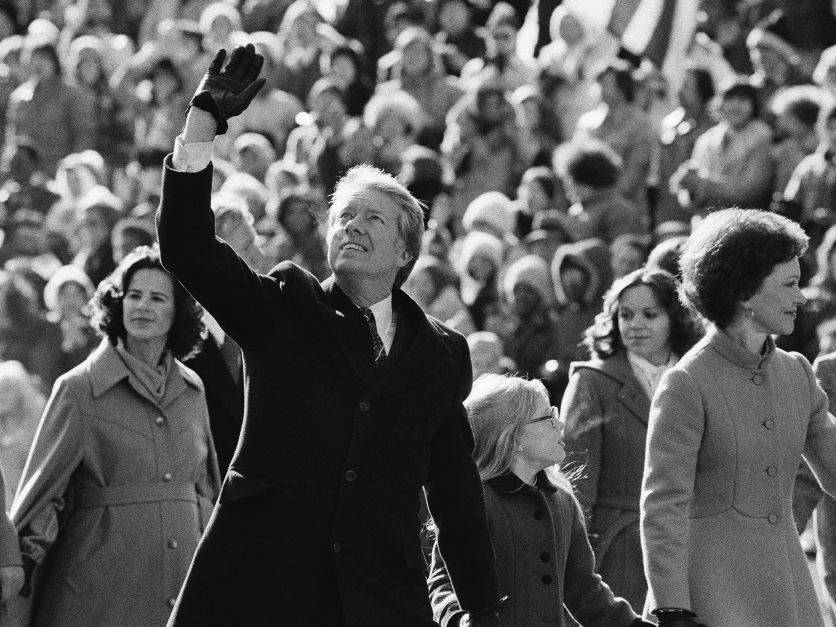In the year 1977, shortly after the inauguration of President Jimmy Carter, a group of USDA officials returned from a meeting at the White House regarding the pending farm bill. The atmosphere was somber as one official remarked that the president had “checked the wrong box.” This referred to a memorandum submitted by Secretary of Agriculture Bob Bergland outlining options for the farm bill, with Carter choosing the lower option instead of the recommended middle option.
President Carter was known for his principled stance on policy decisions, often disregarding political implications. He stood firm on issues of principle, such as when he supported Bergland in resisting pressure from egg producers to retract dietary guidelines. Carter’s approach to policymaking was characterized by a commitment to doing what he believed was right, even if it meant facing political backlash.
However, Carter’s decision to opt for the lower price and income supports in the farm bill had negative consequences. It minimized his influence on Congress, demoralized farm groups, and gave rise to movements like the American Agriculture Movement, which protested against the administration’s policies. The farm bill debacle also provided an opening for Senator Bob Dole to propose alternative ideas that ultimately shaped the legislative outcome.
The discontent among farmers reached a peak in 1978 when protesting farmers broke into the USDA headquarters, leading to Bergland’s evacuation from the building. Carter’s approach to agricultural policy was a disappointment for many farmers, despite his background as a peanut farmer and seed producer.
The president’s reluctance to support farm programs that intervened in supply and demand forces led to mixed results. While he advocated for eliminating outdated regulatory authorities and machinery in agriculture, his dairy policy, based on a campaign promise, resulted in an oversupply of cheese due to price incentives. Carter also faced opposition for proposing the elimination of water resource development projects and reforming the federal crop insurance program.
Despite these challenges, Carter remained committed to initiatives in food assistance programs, supporting increases in food stamps and school feeding programs. He believed in the humanitarian aspect of these programs, emphasizing the importance of ensuring that no one goes hungry in a world of abundance.
Carter’s final year in office was marked by the embargo of grain to the Soviet Union in response to their invasion of Afghanistan. However, the embargo faced criticism from agricultural figures as it led to declining grain and soybean prices and questioned the efficacy of the sanctions.
In the aftermath of his presidency, Carter continued his humanitarian vision by founding The Carter Center in Atlanta, focusing on projects to end hunger, poverty, and improve human health worldwide. He remained dedicated to addressing food and agriculture challenges, particularly in regions affected by famine.
Despite the challenges and criticisms faced during his presidency, Jimmy Carter’s legacy in agriculture and humanitarian efforts endures. His principled stance on policy decisions, commitment to social programs, and efforts to alleviate global hunger and poverty reflect his enduring impact on food and farm policy.
Jim Webster, who served as assistant secretary of agriculture for governmental and public affairs during Carter’s administration, provides a unique perspective on the challenges and accomplishments of that era. For more food and farm policy news, visit www.Agri-Pulse.com.




